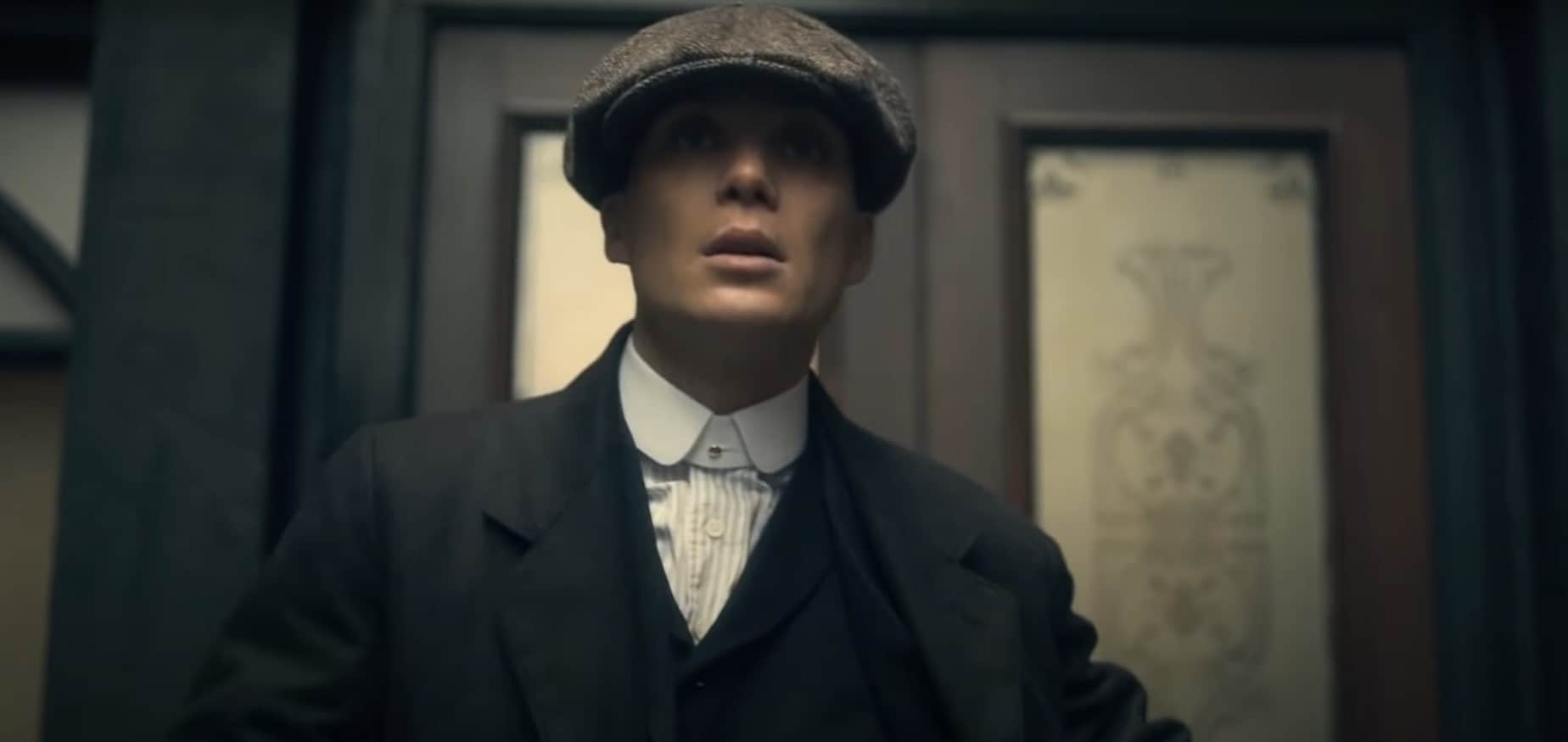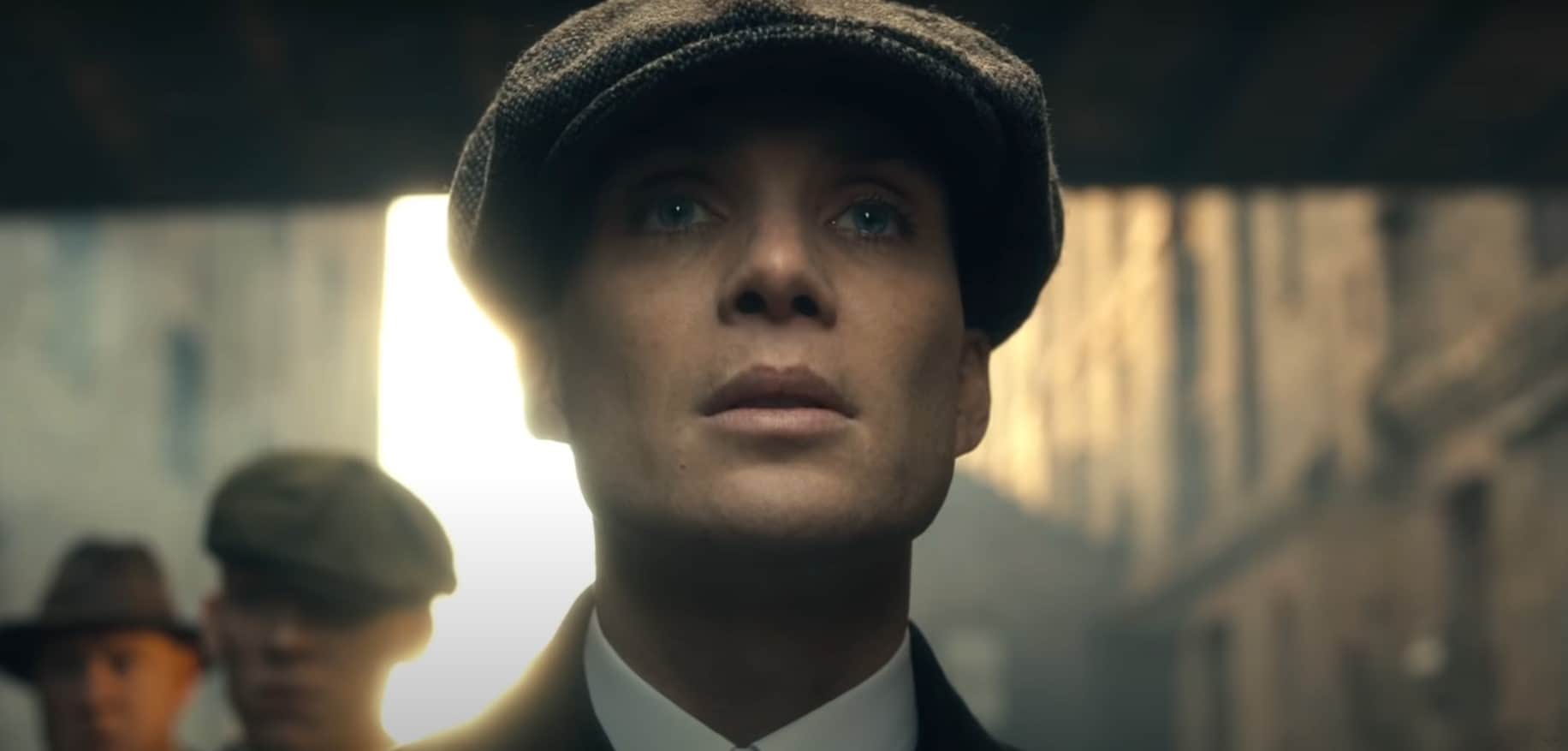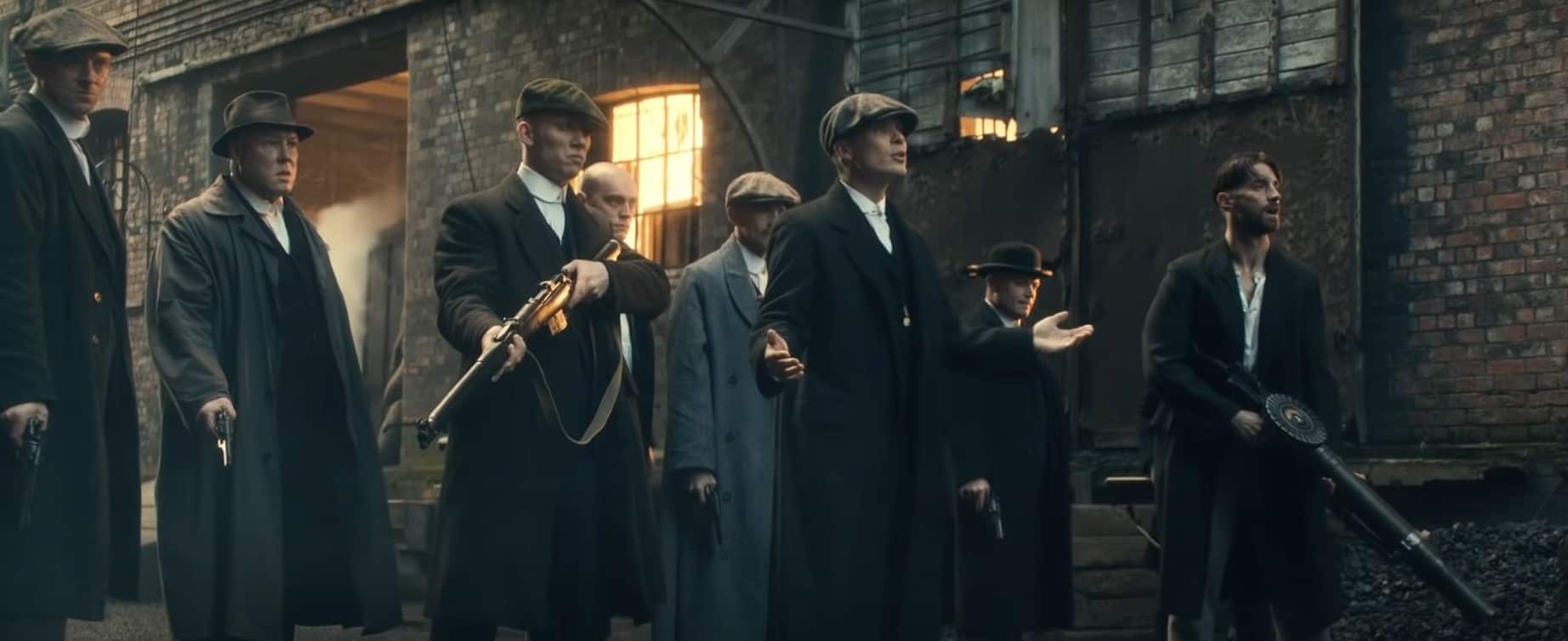Cillian Murphy takes the role of Thomas Shelby in the BBC’s crime drama Peaky Blinders, an award-winning production created by Steven Knight. This now iconic production tells the incredible stories of a gypsy and catholic crime family battling their way up the ranks of organized crime on the streets of England in 1919.
While some of the context is factually accurate, like most adaptations, scriptwriters take the liberty to exaggerate and use their writing licenses to tell a great story. So today, we’re going to tell you how much of this is true and how much of it is an exaggeration.
Who Are The Peaky Blinders?
In the series, the Peaky Blinder gang is led by a dude named Thomas Shelby (Cillian Murphy), who goes to great lengths to establish himself as the king of organized crime, his methods are sometimes regular businessman-like, and at other times he goes full OG.

The show has received praise for its acting, dialogue, editing, and scripting. But is Peaky Blinders a true story or just the creation of imaginative screenwriters? In any case, we’re here to investigate the reasons for the success of this series.
Does Peaky Blinders Have a True Story Behind It?
Peaky Blinders is quite loosely based on factual events. The Peaky Blinders were a gang from Birmingham in the early 1920s. The story deftly integrates various historical strands; it takes us to a place where things could be that nasty, violent, and unforgiving. And like many good stories, these aspects do give out the programs a big depth and intrigue.
Was Thomas Shelby Real?
Although the main character, Tommy Shelby, and his family are made up, the Peaky Blinders were a real street gang that lived in Birmingham’sneighborhoods. The show also masterfully incorporates historical figures like Prime Minister Winston Churchill, Sir Oswald Mosley, and even His Majesty King George V.
It is with this mixture of real characters that the show has so much of a hook potential because it serves as evidence of the show’s dedication to historical accuracy and authenticity.
Also Read: Peaky Blinders Season 5 Recap: Everything You Need to Know!
Why Are Peaky Blinders So Captivating?
The reason Peaky Blinders has so much of that hook potential is that it can transport viewers to Birmingham’s setting during the turbulent industrial revolution of the early 20th century; it makes you feel like you’re there. The series perfectly captures the essence of that pivotal period in history, from the rising smokestacks to the perceptible aura of machinery.
The show not only has excellent storytelling, but it also gives careful consideration to the show’s aesthetics. We’ve all seen the Peaky Blinders memes of gentlemen and characters all over social media, and that kind of aesthetics is powerful because it delivers a message.
Aesthetics Is Key
The Peaky Blinders gang, famous for their distinct fashion sense, gained notoriety for their attire selections. The bell-bottomed pants, peaked flat caps, and custom jackets became symbols of their rebellious spirit. The show “Peaky Blinders” truly brings this classic look to life, making a lasting impression on the visual culture and appeal.

Fictional Yet Captivating
Isaac Asimov once wrote that the difference between reality and fiction relied on the fact that fiction has to make sense, and in the case of Peaky Blinders, even though the story has been heavily fictionalized, many of its essential elements are based on a real incident that has been passed down through the generations.
We all like a violent story, and in this case, the crime and violence of The Peaky Blinders build up its hook potential. Birmingham and pop culture, in general, have both been greatly influenced by the show. Looking back in time, Peaky Blinders experienced a serious decline prior to the start of World War I. Their escalating conflict with the Birmingham Boys, a rival gang, was one of the major contributing factors.
The actual Peaky Blinders vanished into obscurity as the 1920s drew near, but the name “Peaky Blinders” had already evolved into a general term used to describe any street gang in Birmingham. The question of whether Knight’s allusion to “Peaky Blinders” refers to one of these post-war gangs rather than the original one is an intriguing one to consider, adding yet another layer of mystery to this gripping story.
Also Read: Peaky Blinders Season 6 Ending Explained: Will Tommy Return?














